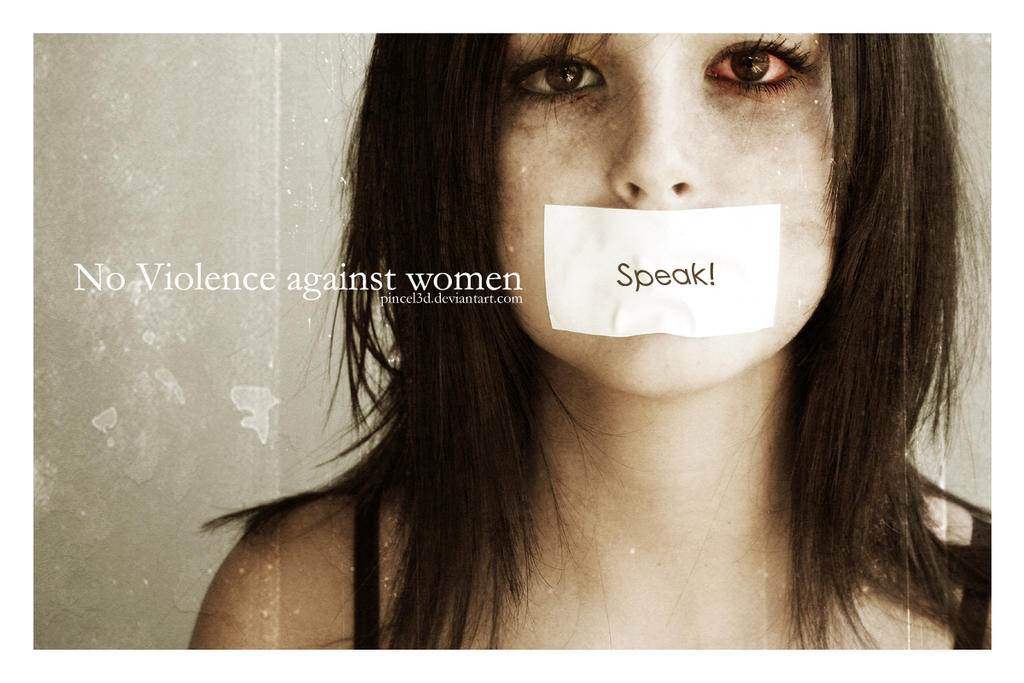As we mark International Women’s Day (IWD) 2025 on March 8, the global campaign theme, ‘Accelerate Action,’ serves as a powerful reminder of the urgent need to address gender inequality. Despite decades of progress, the World Economic Forum’s data paints a grim picture: at the current rate, full gender parity will not be achieved until 2158—five generations from now. This is not a timeline we can accept. Together, we must step forward in solidarity to #AccelerateAction and dismantle the systemic barriers that continue to hold women back.
The roots of International Women’s Day trace back to 1908, when 15,000 women marched through New York City demanding shorter working hours, better pay, and the right to vote. Their courage laid the foundation for a movement that has since grown into a global call for equality. Over a century later, while we celebrate the strides made in women’s social, economic, and political empowerment, the journey is far from over. The challenges women face today—from gender-based violence to unequal opportunities—demand immediate and collective action.
In Bangladesh, the situation remains dire. The alarming statistics of violence against women and girls are a stark reminder of the work that lies ahead. In the first eight months of 2024 alone, 224 girls were raped, 81 were murdered, and 133 chose to end their lives. These numbers are not just statistics; they represent lives shattered by systemic failures. The recent report by Save the Road highlights the pervasive nature of gender-based violence, with 1,758 incidents of molestation and torture reported in the last year, including 41 cases of rape. These figures underscore the urgent need for stricter laws, better enforcement, and societal change to protect women and girls.
Meanwhile, in Afghanistan, the situation for women and girls has reached a critical point. Since 2021, 1.4 million girls have been denied their right to education, a reality UNESCO has described as a “nightmare.” The Taliban’s restrictions on girls’ education have not only robbed them of their futures but have also set back decades of progress. Education is a fundamental human right, and denying it to an entire generation of girls is a tragedy that will have far-reaching consequences for Afghanistan’s social and economic development. The international community must not remain silent in the face of this injustice.
The problem is not confined to Bangladesh or Afghanistan. Globally, violence against women remains a pervasive issue. In Australia, 1 in 6 women has experienced physical or sexual violence by a current or former partner, and on average, one woman is killed every nine days by a partner. These statistics are a grim reminder that gender-based violence is a global crisis that requires a unified response.
The theme ‘Accelerate Action’ calls for more than awareness—it demands tangible steps toward change. Governments, organizations, and individuals must work together to create safer environments for women, ensure equal opportunities in education and employment, and challenge the cultural norms that perpetuate inequality. In Bangladesh, initiatives like demanding 40% women’s seats in public transport and stricter punishments for perpetrators are steps in the right direction, but much more needs to be done. Globally, we must advocate for the rights of Afghan girls to return to school and support organizations working to provide education in the face of adversity.
This International Women’s Day, let us recommit to the fight for gender equality. Let us honor the legacy of the women who marched in 1908 by taking bold, decisive action today. Accelerating progress requires everyone’s participation—men and women alike. It means standing up against discrimination, supporting survivors of violence, and advocating for policies that promote equality.
The time for incremental change has passed. We cannot wait another 133 years for gender parity. Together, we can #AccelerateAction and create a world where every woman and girl can live with dignity, safety, and opportunity. Let this International Women’s Day be a turning point in our collective journey toward a more equitable future.
Prodip Roy
Editor-OTN Bangla News
March 8, 2025





